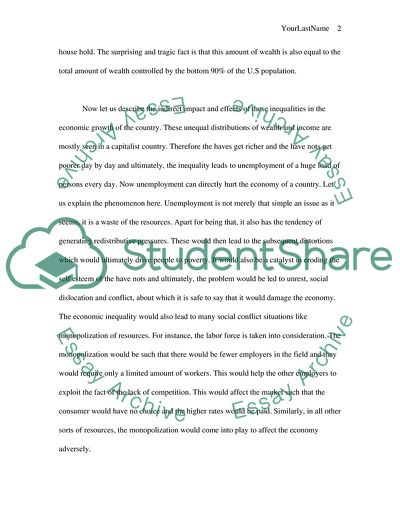Cite this document
(Economics Term Paper Example | Topics and Well Written Essays - 2000 words - 1, n.d.)
Economics Term Paper Example | Topics and Well Written Essays - 2000 words - 1. https://studentshare.org/macro-microeconomics/1876711-economics
Economics Term Paper Example | Topics and Well Written Essays - 2000 words - 1. https://studentshare.org/macro-microeconomics/1876711-economics
(Economics Term Paper Example | Topics and Well Written Essays - 2000 Words - 1)
Economics Term Paper Example | Topics and Well Written Essays - 2000 Words - 1. https://studentshare.org/macro-microeconomics/1876711-economics.
Economics Term Paper Example | Topics and Well Written Essays - 2000 Words - 1. https://studentshare.org/macro-microeconomics/1876711-economics.
“Economics Term Paper Example | Topics and Well Written Essays - 2000 Words - 1”. https://studentshare.org/macro-microeconomics/1876711-economics.


